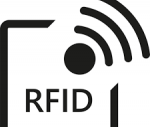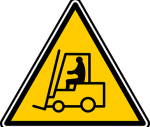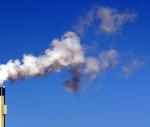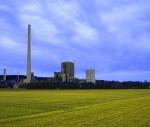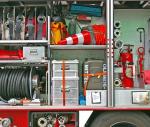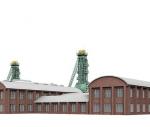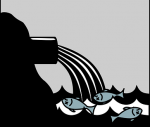EAEU: Draft Agreement for Common Labelling System of Goods with Control (Identification) Signs
The Eurasian Economic Commission has published, on 8 August 2017, a draft agreement that would establish the legal framework for the common system of labelling products with control (identification) signs.
If the agreement is adopted, it would put in place a system where certain products will be marked with an “identification means” or a “material carrier” which will be used for product identification purposes.






